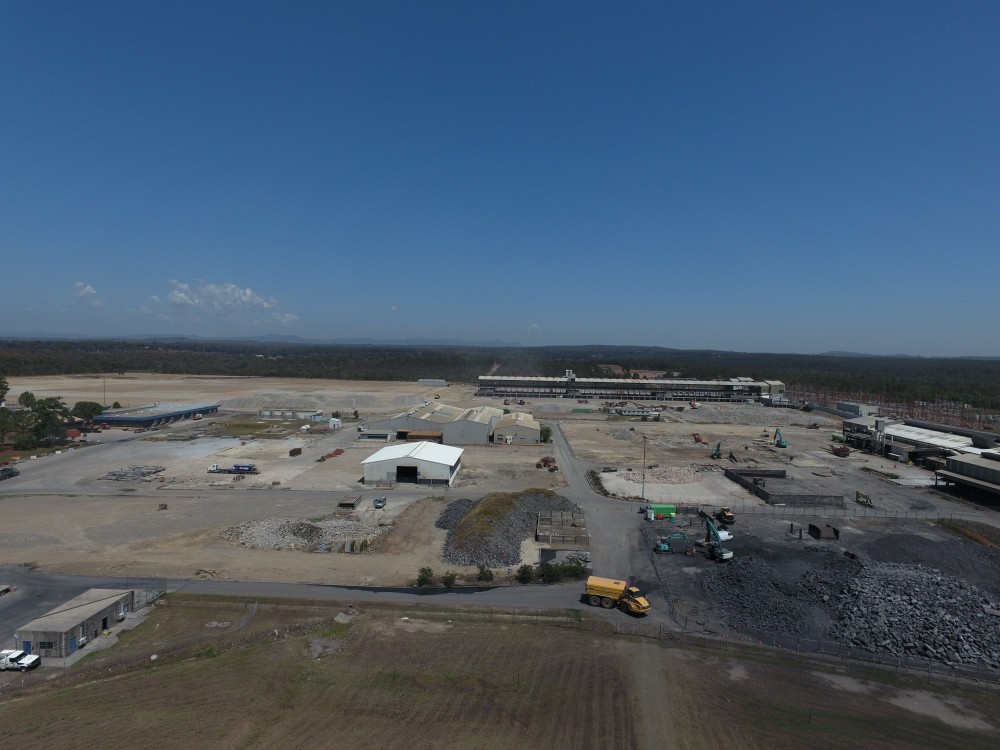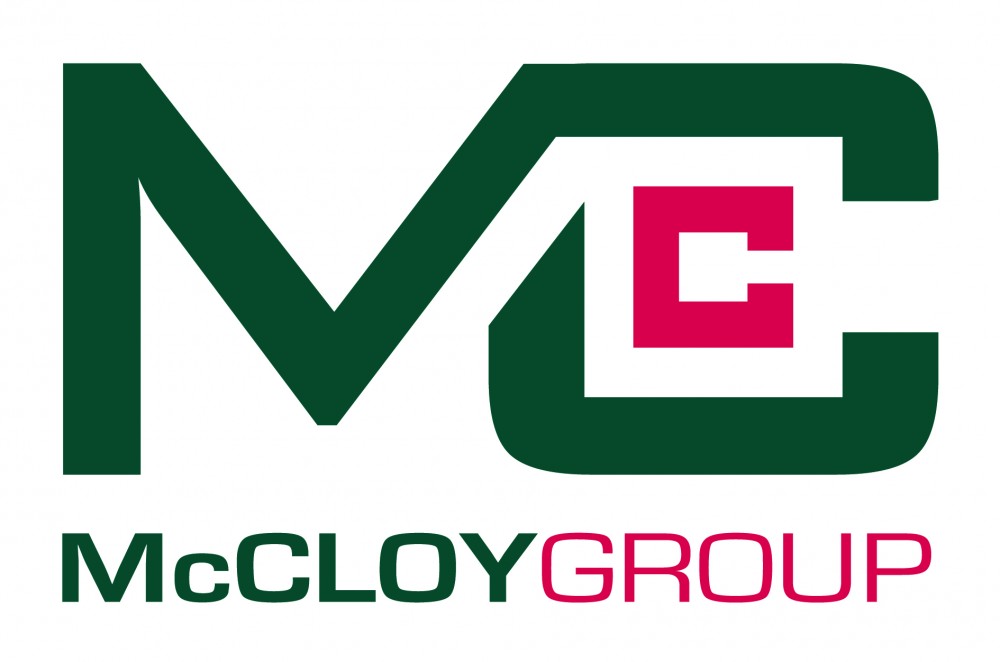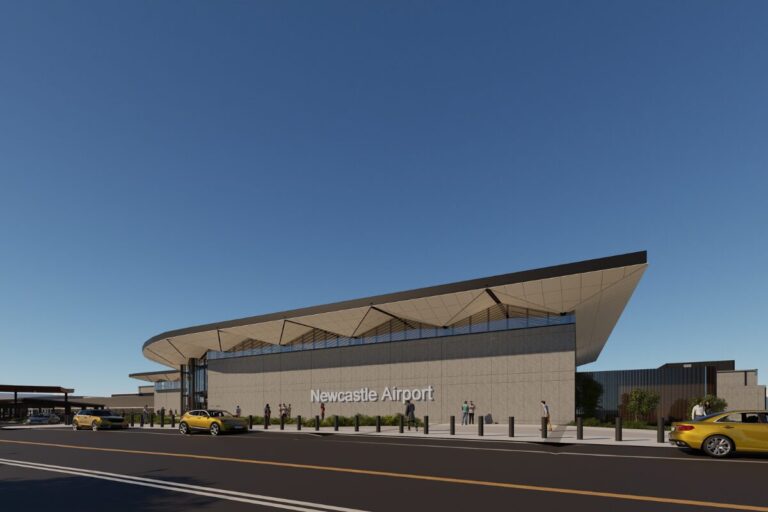A joint venture between Stevens Group and McCloy Group has finalised an agreement with Hydro Aluminium Kurri Kurri for the sale of their 2000-hectare smelter site and buffer land, signalling a boost to the local economy partnered with significant environmental outcomes.
Stevens Group is one of NSW’s leading private property development companies, with significant experience in the development of industrial land, along with residential and commercial offerings.
McCloy Group is likewise a Hunter-based, award-winning residential land developer currently delivering more than 5000 residential homesites across 15 master planned communities within NSW, along with commercial office developments.
The two companies have experience working together as partners on several projects including Radcliffe at Wyee and Principle Living, which provides premium lifestyle offerings for seniors in locations across the Hunter.
Hydro Aluminium Managing Director, Richard Brown, is delighted with the outcome and is excited to be see the development progress.
“We have been concentrating on demolition and remediation for a long time now, so are pleased to be able to progress to this stage, where parcels of land can be developed and Kurri Kurri can start to see economic benefits again,” Richard said.
“We are mindful that the closure of the smelter in 2014 was a loss to the local community, and we are keen to see the local economy regrow, particularly with the promise of more jobs for the area”.
Shane Boslem, Project Director and spokesperson for the Stevens/McCloy joint venture is looking forward to the development taking place.
“The Maitland and Kurri Kurri areas have a lot of potential for further growth given this area’s strategic location close to the Hunter Expressway and the Maitland, Cessnock growth corridor,” he said.
“Significant residential development has already occurred along this corridor, and our plans for housing there will complement and enhance this growth.
“The site’s southern area is ideal for employment lands due to its proximity to the Hunter Expressway, access to significant existing infrastructure and the existence of a rail line through the site, and of course a skilled workforce. The economic benefits associated with the sites redevelopment has the potential to include a significant jobs boost,” he continued.
An agreement to sell the land to Flow Systems in 2018 was thwarted when Flow was placed under administration in December of the same year and was sold shortly afterwards.
Hydro has been continuing with the demolition and remediation of the site, with the large stacks demolished in May 2019.
The demolition of the site, being undertaken by CMA Contracting since April 2017 is currently around 80 per cent complete, and contractor Daracon was awarded the remediation contract last month.
The major remediation activity at the site includes the construction of an engineered containment cell.
The environmental approval for the remediation, whilst close to completion, has not yet been determined by the NSW Department of Planning, Infrastructure and Environment.
Daracon is in the early stages of planning the remediation activity.
The first steps towards residential development are expected to get underway within six months of the rezoning being completed, which is anticipated in late 2020.
IMAGE | Demolished Kurri Kurri site, set for residential development in 2020






